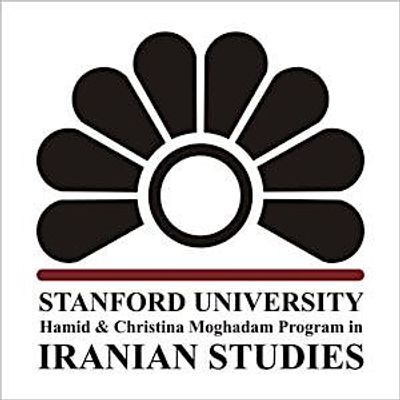
About this Event
IMPORTANT NOTES:
- Performance is in Persian.
- Doors open at 6:30 PM, performance begins promptly at 7:00 PM. Performance is 75 minutes without intermission.
- Seats may not be held for those who are not present. Late seating is at the discretion of the event managers and is not guaranteed.
- Parking information will be emailed with your ticket.
**Ticket purchase will appear on credit card statements as "Stanford EB ISP" (Eventbrite Iranian Studies Program) or "Stanford ISP." Please contact [email protected] with any questions or concerns before contacting your bank out of concern.
**Stanford students please email [email protected] for a student discount code.
About the performance
The music is composed by Ali Akbar Moardi and some of the tracks are based on the Shahnameh (Book of Kings). The Shahnameh (شاهنامه) is one of the most significant and epic works in Persian literature. Written by the Persian poet Ferdowsi in the 10th century, it is a monumental poem that chronicles the history, mythology, and legends of ancient Persia (Iran), spanning from the creation of the world to the Islamic conquest of Persia in the 7th century.
About the Musicians
Ali Akbar Moradi began playing the tanbour at the age of seven and learned not only the music but the Kurdish maqam repertoire. He has won awards, recorded several albums, and performed in Europe, the United States, and Canada with singers like Shahram Nazeri and at the Royal Festival Hall in London. In addition to teaching the tanbour in Tehran and his hometown of Kermanshah, Ali Akbar is a dedicated scholar of the tanbour and continues to develop the legacy of the instrument and the regional Kurdish music.
Mehdi Bagheri has become one of the most renowned practitioners of the Persian kamancheh of his generation. A composer and multi-instrumentalist born in Kermanshah, Kurdish provinces in Iran. Mehdi received his master’s degree from the Arak University in 2004, studying with luminaries of traditional Iranian music, while simultaneously pursuing a degree in dramatic theater. He has performed at festivals worldwide and continues to pursue his work in various fields such as music of the film, eclectic music and Iranian classical music inside Iran and abroad.
Kourosh Moradi studied tanbour with his father, Ali Akbar Moradi, studied daf with master Sufis of the Yarsan Order and tombak with Master Hamid Moghadam while growing up in Kurdistan. Kourosh has recorded and performed around the world continuing the family legacy of the tanbour with many esteemed masters of Kurdish/Iranian music. He continues to perform in conjunction with his father and carry on the family legacy of sharing the music with audiences around the world. He now lives and teaches in Southern California.
Faramarz Amiri started his music journey at the age of 17 through taking tombak/tonbak/zarb (goblet shaped drum) lessons from Mohammad Eftekhari at the Music Conservatory of Tehran. His passion for percussion instruments led him to study the daf (framed drum) as his second instrument. He also had the privilege of studying under the mentorship of Jamal Samawati to advance his skills in the art of improvisation and do nawaazi (duo percussion performance) in Germany. Faramarz has been involved in numerous groups and individual performances in Iran, Germany, and the U.S.
Stanford is committed to ensuring its facilities, programs and services are accessible to everyone. To request access information and/or accommodations for this event, please complete https://tinyurl.com/AccessStanford at the latest one week before the event.
Event Venue & Nearby Stays
Campbell Recital Hall, 541 Lasuen Mall, Stanford, United States
USD 40.00








